When it is a matter of survival, predation trumps symbiosis.
Corals eat their algal partners during food scarcity.
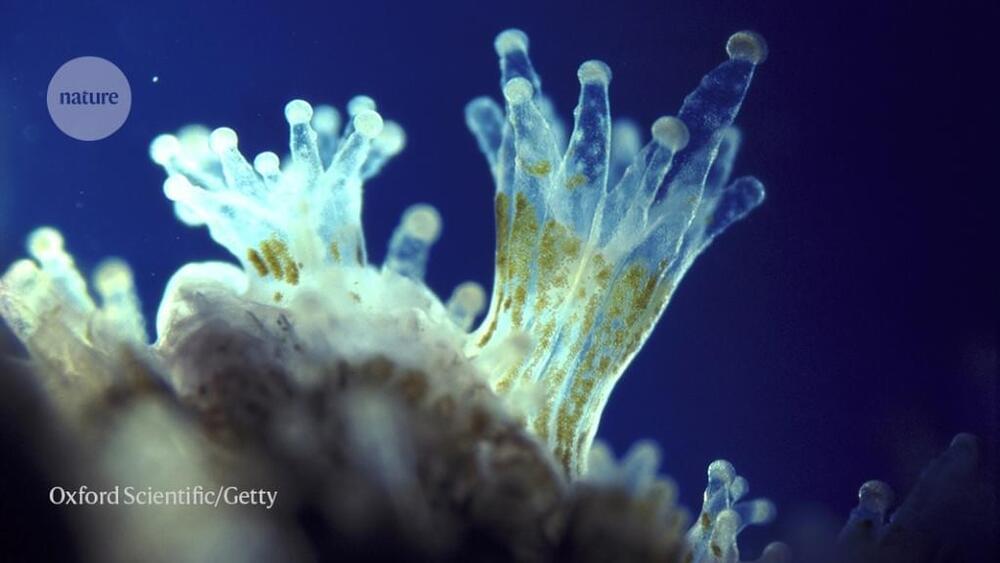
Be one of the first 200 people to sign up with this link and get 20% off your subscription with Brilliant.org! https://brilliant.org/realscience/
Watch this video ad-free on Nebula:
https://nebula.tv/videos/realscience-intelligence-without-a-brain.
Patreon: https://www.patreon.com/realscience.
Instagram: https://www.instagram.com/stephaniesammann.
Credits:
Narrator: Stephanie Sammann.
Writer: Ashleen Knutsen.
Editor: Dylan Hennessy (https://www.behance.net/dylanhennessy1)
Editor: Leany Muñoz.
Illustrator: Jacek Ambrożewski.
Illustrator/Animator: Kirtan Patel (https://kpatart.com/illustrations)
Animator: Mike Ridolfi (https://www.moboxgraphics.com/)
Sound: Graham Haerther (https://haerther.net)
Thumbnail: Simon Buckmaster (https://twitter.com/forgottentowel)
Producer: Brian McManus (https://www.youtube.com/c/realengineering)
Imagery courtesy of Getty Images.
REFERENCES:
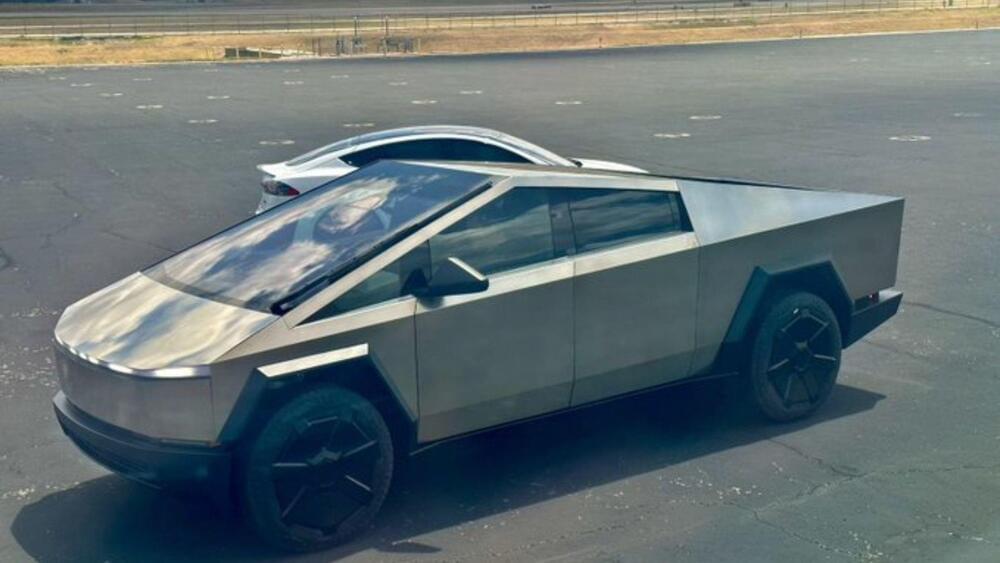
The Tesla CEO keeps pushing his employees to achieve more, sometimes even the impossible.
Elon Musk allegedly asked Tesla employees to ensure that Cybertruck production achieves single-digit micron tolerance, much like Lego or even soda cans are made with. This instruction was sent to employees in an email, which was later leaked, Electrek.
The Cybertruck is Tesla’s most awaited electric vehicle, running several years behind schedule and expected to begin deliveries by the end of this quarter. The vehicle’s iconic shape piqued many potential buyers’ interest when unveiled in 2019.
Researchers at Los Alamos National Laboratory have successfully developed a new way to produce a specific type of photon that could prove critical for quantum data exchange, notably encryption. The specific kind of photons, called “circularly polarized light,” have thus far proved challenging to create and control, but this new technique makes the process easier and, importantly, cheaper. This was achieved, the team explains, by stacking two different, atomically thin materials to “twist” (polarize) photons in a predictable fashion.
Encoded, “twisted,” photons
“Our research shows that it is possible for a monolayer semiconductor to emit circularly polarized light without the help of an external magnetic field,” explained Han Htoon, a scientist at Los Alamos National Laboratory. “This effect has only been achieved before with high magnetic fields created by bulky superconducting magnets, by coupling quantum emitters to very complex nanoscale photonics structures, or by injecting spin-polarized carriers into quantum emitters. Our proximity-effect approach has the advantage of low-cost fabrication and reliability,” he added.
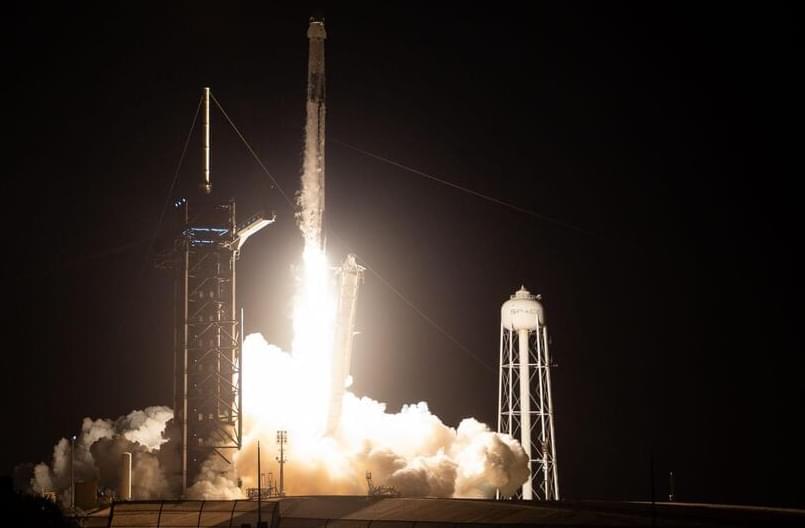
Four astronauts from four countries are on the ISS for the SpaceX Crew-7 mission.
SpaceX’s Falcon 9 rocket successfully launched four astronauts from different space agencies to the International Space Station (ISS) on Friday, after a one-day delay due to a technical issue with the spacecraft’s life support system.
As per NASA, the rocket lifted off from NASA’s Kennedy Space Center in Florida at 3:27 am Eastern Time (1:57 pm IST) carrying the Crew Dragon capsule named Endurance, which separated from the rocket’s upper stage about 12 minutes later.

The machine will make power grid evaluations safer and more reliable.
A new grid analytics company in Canada’s Waterloo is aiming to predict power outages before they even occur by using robotics. This is according to a report by CTV News.
Interesting Engineering is a cutting edge, leading community designed for all lovers of engineering, technology and science.
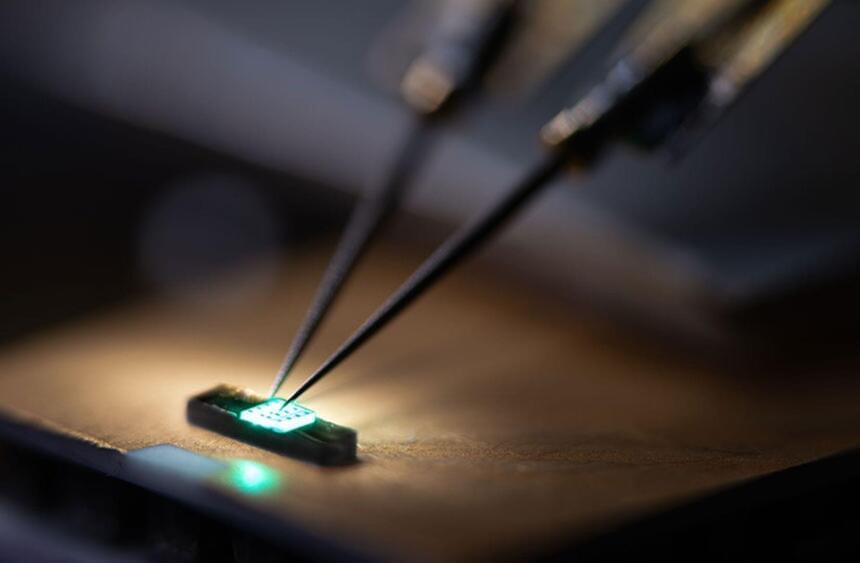
“This is way more challenging than what people have done so far,” — Yuan-Yu, acknowledging the large magnitude of creating the smallest clock.
Imagine a timepiece smaller than a sugar cube, measuring time with astonishing accuracy.
In a remarkable pursuit of precision, Yuan-Yu Jau and his team at Sandia National Laboratories are pushing the boundaries of timekeeping technology, striving to craft the world’s tiniest atomic clock.
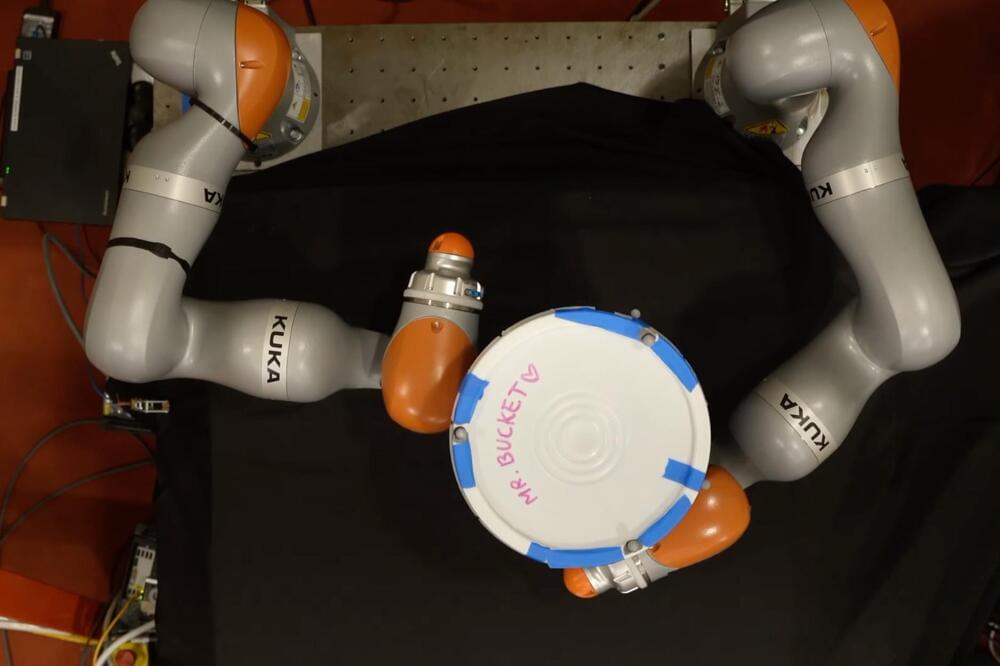
A process called smoothing helps robots quickly determine an efficient manipulation strategy for moving things.
The field of robotics has been witnessing rapid advancements in recent times, with systems becoming capable of carrying out complex tasks. One thing robots still struggle with is whole-body manipulation, a skill that humans typically excel at.
Consider carrying a big, weighty package up a set of stairs. A human being may spread their fingers and lift the box with both hands, then support it against their chest by balancing it on top of their forearms while utilizing the entire body to move the box.
A new AI technique enables a robot to develop complex plans for manipulating an object using its entire hand, not just fingertips. This model can generate effective plans in about a minute using a standard laptop.
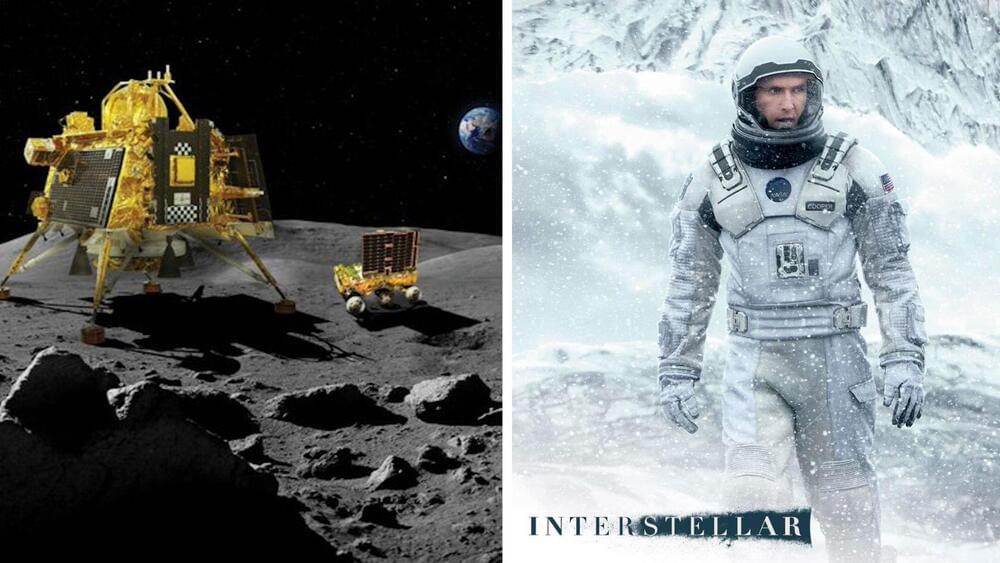
In fact, India’s epic Chandrayaan-3 lunar landing was cheaper than a string of Hollywood sci-fi epics.
India successfully performed a soft touchdown near the lunar south pole on Wednesday, August 23, for its Chandrayaan-3 mission.
By doing so, it made history by becoming the first nation to land on that region of the lunar surface as well as the fourth country to ever land on the Moon.
The Japan Aerospace Exploration Agency’s (JAXA’s) SLIM lander will demonstrate accurate landing technology as well as a low-cost, lightweight infrastructure.
Japan is launching a lander to the lunar surface hot on the heels of India’s Chandrayaan-3 lander, which became the first to ever land near the lunar south pole this week.
A Japan Aerospace Exploration Agency’s (JAXA) H2-A rocket will launch the SLIM mission on August 28 at 09:26 JST (August 27, 20:26 EDT) from Tanegashima Space Center in southern Japan.